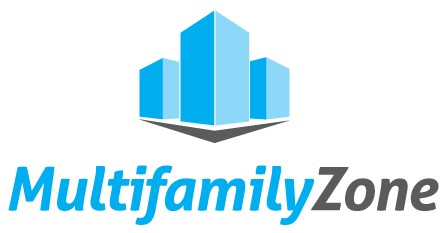5 Tips to Working with the Best Vendors
 Creating a trusting, honest, mutually beneficial relationship with your vendors is easier said than done. These relationships tend to be somewhat confrontational by nature yet, in the long run, creating a partnership with your service providers will be of great benefit to you, as well as to them.
Creating a trusting, honest, mutually beneficial relationship with your vendors is easier said than done. These relationships tend to be somewhat confrontational by nature yet, in the long run, creating a partnership with your service providers will be of great benefit to you, as well as to them.
By overcoming the “Us vs. Them” mentality that is so often found between property managers and their vendors, you’ll be saving yourself a great deal of time and emotional energy, not to mention money. After all, most vendors want the same things you do: to grow their business, increase their profits, reduce hassles and costly redundancies. By helping each other to reach these goals, you will go a very long way toward building the type of relationship that can last for decades, to the benefit of both of you.
How to build the partnership with your vendors
Hiring the right vendor for your property can create opportunities to reach untapped potential that at your disposal, but which you have yet to recognize.
To help you reach that potential, here are 5 Tips to Hire the Perfect Vendors:
1. Create a short-list of vendors – too many choices can make it impossible to pick one, or a few. It’s also difficult to build relationships with a dozen or more vendors, while doing so with just a few is easy. By using a “select” few vendors, you’ll be committing to spending more with each, improving their loyalty and service to you.
2. Get to know them – while you may not be looking for a new “best friend” with your vendors, you might want to indulge in an occasional lunch or dinner. Taking some time to meet socially with vendors will help you build relationships that will make your work interactions better. These are short-term investments of time that can lead to powerful long-term benefits to your business.
3. Send more work their way – the quickest way to boost a vendors’ loyalty toward you is to help them grow their business. You can do this by providing them with more, and more regular, work of course but, you can also be a reference for them – and refer other work to them. Most of us have received tips from friends and associates about new business opportunities; provide the same courtesy to your best vendors.
4. Trust them to resolve problems for you – no one enjoys being micro-managed, yet there are organizations that admit problems only reluctantly. By being up-front without being confrontational, you can let your vendor more clearly know your expectations for performance, while providing them the opportunity to resolve problems independently.
5. Make them a part of your team – you goal as a manger should be to foster engagement, not just from your employees but from your contractors too. The sense of commitment to the team’s success can be built among both groups, but only if you treat them equally. If you want “all-hands-on-deck” for the good of your business, make your vendors a part of the team.
It’s the nature of the property management business niche that working with contractors is a necessity. Creating strong partnerships and mutually beneficial relationships with your vendors may be the determining factor in whether or not you reach your business goals.
 |
MultifamilyZone.com | Company Website |
MultifamilyZone.com provides a listing of products, services and industry-related companies, technology tools, marketing trends and is a resource for information and news. Our goal is to assist individual owners, as well as fee and national management firms in the operations of their assets by connecting them with professional vendor partners. |














